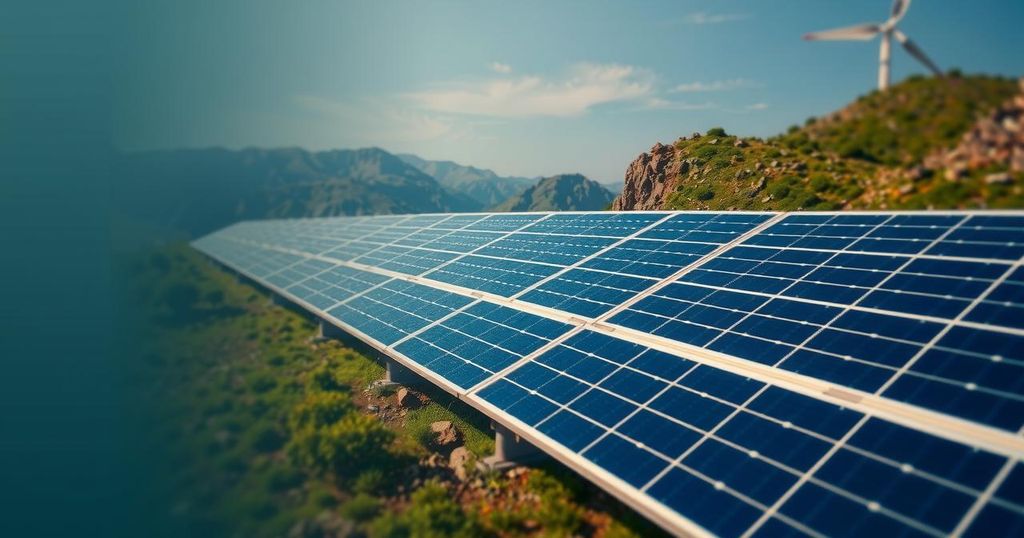COP29 highlighted gender equality as a critical focus, especially within China’s renewable energy sector where women’s representation is declining despite the industry’s growth. The UNFCCC has committed to promoting gender balance in climate action. Experts advocate for data-driven practices to address systemic barriers faced by women in the workforce, emphasizing that achieving gender equality is vital for a successful energy transition.
On November 21, 2023, recognized as Gender Day at COP29, global attention shifted towards the pressing issue of gender equality in climate actions, particularly within the renewable energy sector. The UN Framework Convention on Climate Change (UNFCCC) extended the Enhanced Lima Work Programme on Gender for another decade, aiming to incorporate gender perspectives in climate initiatives. Despite significant job opportunities in this booming sector, women’s representation continues to decline in China, where they face systemic barriers to career advancement. Experts advocate for businesses to report gender data in their environmental, social, and governance (ESG) reports, an approach that could inform government policies and drive systemic change.
China, as the leading employer in the renewables sector, harbors a considerable workforce of 7.4 million. However, the percentage of women in these roles is diminishing, with recent studies indicating a drop from 27.1% in 2019 to between 30% and 35% in 2024. This trend reflects the need for concerted efforts to harness women’s potential in accelerating the energy transition, as highlighted by Anika Heckwolf from the London School of Economics, who emphasized women’s crucial role in this sector.
Furthermore, experts stress that achieving gender equality transcends mere numerical targets. It necessitates identifying the root causes behind women’s underrepresentation, particularly in technical and leadership positions. A lack of gender-disaggregated data impedes effective action, thereby underscoring the necessity for enhanced data collection practices in order to devise strategic initiatives that promote equitable career progression for women.
Notably, organizations such as LONGi, a major player in the solar photovoltaics industry, have started publishing detailed gender data, reflecting a positive trend towards transparency and accountability. Moreover, empirical research indicates that firms exhibiting gender balance in their upper management experience better overall performance, suggesting a compelling business case for promoting diversity.
As China commits to sustainable practices, the involvement of women in renewable energy projects must be viewed as a strategic investment rather than a social obligation. Initiatives promoting gender equality are gaining traction, driven by both external pressures from international projects and the recognition of the benefits of a diverse workforce. Through these developments, Chinese firms possess a strategic opportunity to cultivate a more inclusive and equitable future for the global energy transition.
The article addresses the significant issue of gender equality within China’s renewable energy sector, which plays a critical role in combatting the global energy and climate crises. Following COP29’s Gender Day, international discussions highlighted initiatives to improve women’s representation in climate action. Despite the thriving job market in renewables, barriers remain for female workers, leading to calls for data-driven approaches and greater corporate responsibility in promoting gender inclusivity.
In conclusion, the push for gender equality within China’s renewable energy sector is critical not only for equitable workforce representation but also for enhancing the effectiveness of climate strategies. By overcoming systemic barriers and prioritizing women’s participation, the sector can harness untapped potential to facilitate a successful energy transition. Continued advocacy for gender-disaggregated data and corporate accountability will be essential in achieving these goals.
Original Source: www.eco-business.com






